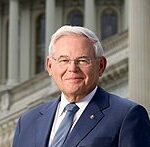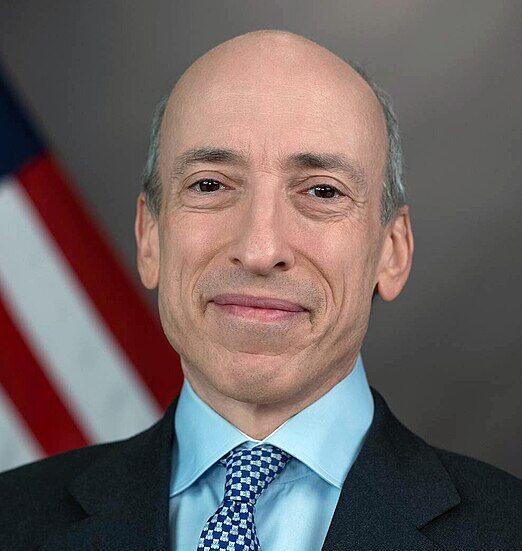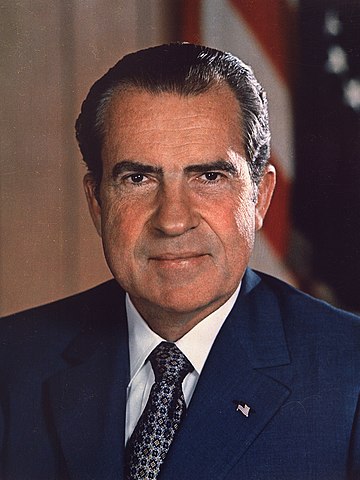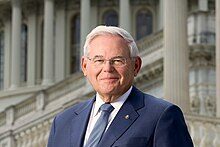
Mitch McConnell, a long-serving Republican senator from Kentucky, is one of the most influential and polarizing figures in modern American politics. As the Senate Minority Leader (and previously Majority Leader), McConnell has shaped the legislative and judicial landscape with a relentless focus on conservative priorities and political strategy. While he is celebrated by his allies for his discipline and effectiveness, critics accuse him of obstructing bipartisan progress and prioritizing power over governance.
Early Life and Career
From Alabama to Kentucky
Born on February 20, 1942, in Sheffield, Alabama, Addison Mitchell McConnell Jr. overcame early health challenges, including polio, to become a disciplined and ambitious student. He earned his law degree from the University of Kentucky and began his political career as a legislative aide in Washington, D.C.
Political Ambitions
McConnell served as Jefferson County Judge/Executive from 1978 to 1984, where he gained a reputation as a pragmatic and methodical administrator. This role paved the way for his election to the U.S. Senate in 1984.
A Record-Setting Senate Career
Longest-Serving Republican Leader
McConnell has been a senator for Kentucky since 1985, and his tenure as Senate Republican leader, beginning in 2007, makes him the longest-serving leader in Senate history.
Master of Senate Procedure
Known as a master tactician, McConnell has wielded Senate rules and procedures to advance his party’s agenda and block Democratic initiatives. His strategic approach has earned him respect within his party but has also fueled criticism for prioritizing partisan victories over governance.
Legislative and Judicial Focus
Tax Cuts and Deregulation
McConnell has championed tax cuts and deregulation as cornerstones of Republican economic policy. He played a key role in passing the 2017 Tax Cuts and Jobs Act, which significantly lowered corporate tax rates but also contributed to rising deficits.
Judicial Appointments
Perhaps McConnell’s most lasting legacy is his focus on reshaping the federal judiciary. Under his leadership, the Senate confirmed over 200 federal judges during the Trump administration, including three Supreme Court justices.
- Blocking Merrick Garland: In 2016, McConnell controversially refused to hold a hearing for President Obama’s Supreme Court nominee, citing the upcoming presidential election.
- Rushing Amy Coney Barrett: In 2020, McConnell expedited the confirmation of Justice Amy Coney Barrett just weeks before the election, drawing accusations of hypocrisy.
Healthcare and Social Policy
McConnell has consistently opposed expansions of government programs, including the Affordable Care Act (ACA). While his efforts to repeal the ACA narrowly failed, he remains a staunch advocate for limited government intervention in healthcare.
Partisanship and Obstruction
The “Grim Reaper” of Legislation
McConnell earned the nickname “The Grim Reaper” for his role in blocking Democratic legislation, including bills on voting rights, gun control, and climate change. His strategy of obstruction has been praised by conservatives but condemned by those who see it as a barrier to bipartisan progress.
Impeachment Trials
McConnell’s handling of both impeachment trials of Donald Trump highlighted his loyalty to party over potential accountability. Critics argue his approach weakened the Senate’s role as an impartial arbiter.
Strengths and Legacy
Strategic Genius
McConnell’s ability to navigate Senate rules and build coalitions within his party is unmatched, making him one of the most effective Republican leaders in history.
Judicial Transformation
His success in reshaping the judiciary will influence American law and policy for decades, securing a conservative tilt in the federal courts.
Criticisms and Challenges
Partisan Polarization
McConnell’s tenure has coincided with rising political polarization. Critics argue his refusal to compromise has deepened divisions in Washington and eroded public trust in government.
Economic Inequality
While McConnell has championed policies favoring economic growth, his critics point out that his focus on tax cuts and deregulation disproportionately benefits the wealthy, leaving many working- and middle-class Americans behind.
Tactical Hypocrisy
McConnell’s selective application of Senate norms—most notably during Supreme Court nominations—has drawn accusations of opportunism and undermining institutional integrity.
Conclusion
Mitch McConnell’s career is a testament to the power of strategic leadership in American politics. His influence on the judiciary, legislative priorities, and Republican strategy is undeniable, but his legacy is deeply divisive. While he is celebrated by conservatives for advancing their goals, critics contend his approach has prioritized power over progress, leaving Congress mired in gridlock and contributing to the erosion of trust in government institutions.











